The Mapua Education Group has announced a major step in its digital transformation with the full integration of artificial intelligence (AI) into its academic and administrative systems. The adoption covers learning modules, grading processes, subject reviews, and the school’s learning management platforms, signaling a new phase of technology-enabled education in the country.
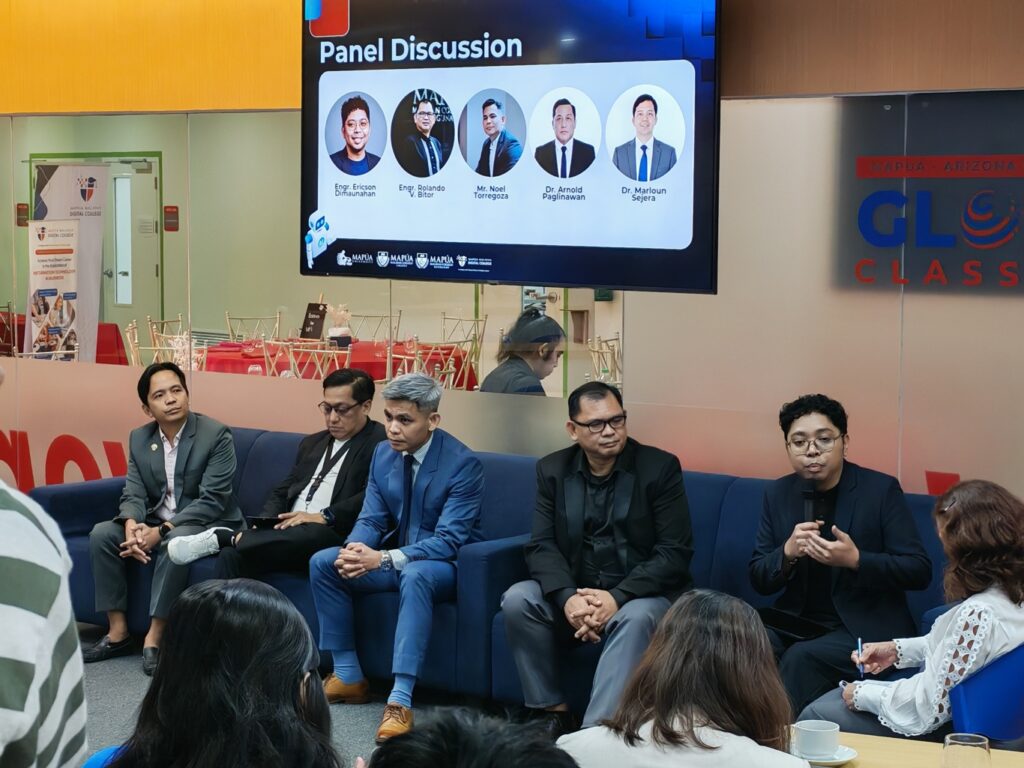
Why it Matters: Mapua is among the first higher education institutions in the Philippines to embed AI across its operations and teaching framework. This approach reflects how AI is no longer just a tool for industry but is also reshaping education. Students will be exposed to AI-enhanced systems throughout their studies, preparing them to enter a workforce where AI literacy and ethical use are increasingly required.
At the same time, Mapua University has introduced the Philippines’ first Bachelor of Science in Artificial Intelligence Engineering program. The pioneering course, already underway this school year with the first batch learning at their Intramuros campus, aims to produce graduates with technical expertise and ethical grounding in AI technologies.
The program is structured to progress from foundational mathematics and AI principles in the first year, to machine learning and algorithm development in the second year, followed by advanced topics like computer vision, robotics, and natural language processing in the third year. In the final year, students will work on long-term capstone projects under Mapua’s E4 framework: engage, explore, engineer, and excel.
University officials noted that the program is anchored on three guiding principles: ethics and responsibility, accessibility and inclusiveness, and safety and security. They emphasized that while AI enhances capabilities by processing information at a scale that humans cannot, skills such as creativity, critical thinking, and ethical reasoning remain central.
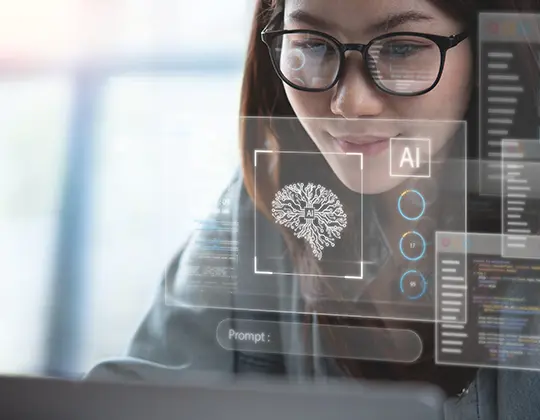
Career opportunities for graduates are broad, ranging from AI engineering, machine learning, and robotics to data architecture, AI policy, and ethics consulting. With AI-related jobs forecast to grow by more than 40 percent worldwide, and U.S. median salaries for AI engineers reported at around $95,000 annually, the program aligns with both local and global labor demands.
Rowena Subido, First Vice President and Group Head of the Human Resources Group for the Rizal Commercial Banking Corporation (RCBC) emphasizes that AI has already started to be embraced by big companies in order to deliver robust services to consumers and the banking industry is not an exemption. With more demand for AI in services, jobs dealing with AI and AI engineering are bound to be created and will stay for a long time.
The university also underlined its broader vision: to help position the Philippines as a hub for ethical and inclusive AI development. Industry partners are being encouraged to collaborate with Mapua in shaping the AI workforce, while students are being called to become the country’s first generation of AI-native engineers.
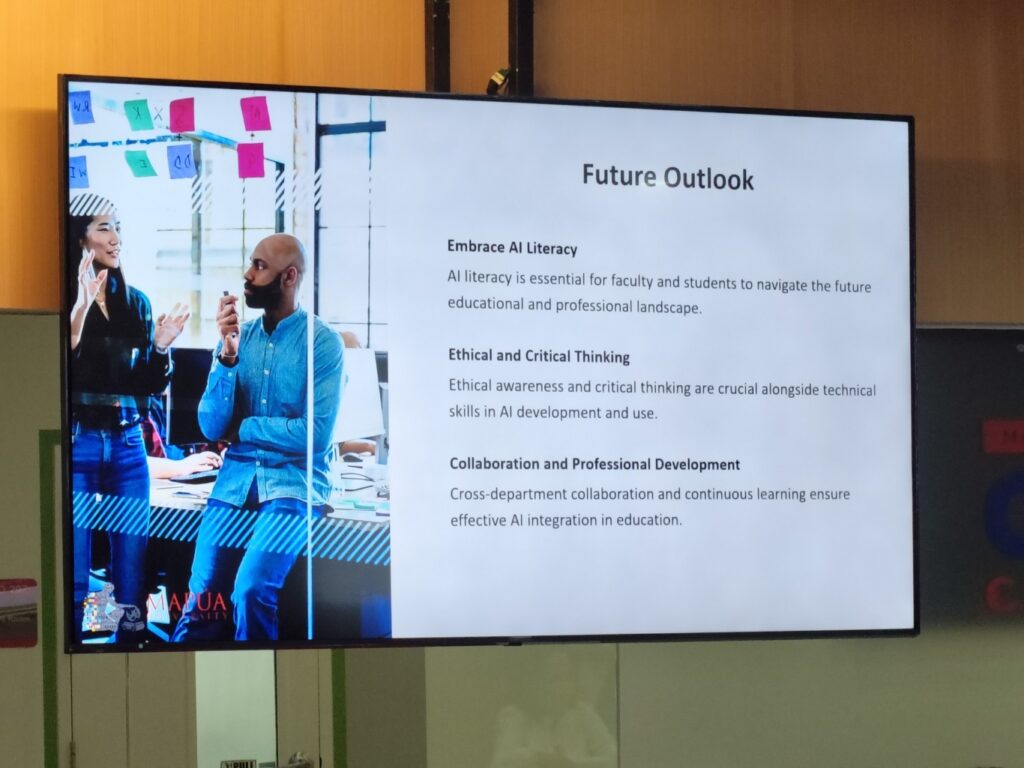
This initiative, school leaders said, is not about AI replacing human work but about ensuring that those who master AI will lead in tomorrow’s industries.
With its AI integration and the new AI Engineering program, Mapua Education Group is setting the stage for a more technology-driven educational system. The question now is how other Philippine universities will respond to the same challenge.
Discover more from WalasTech
Subscribe to get the latest posts sent to your email.
Get the latest from WALASTECH directly on your Google feed.
Add as a preferred source on Google





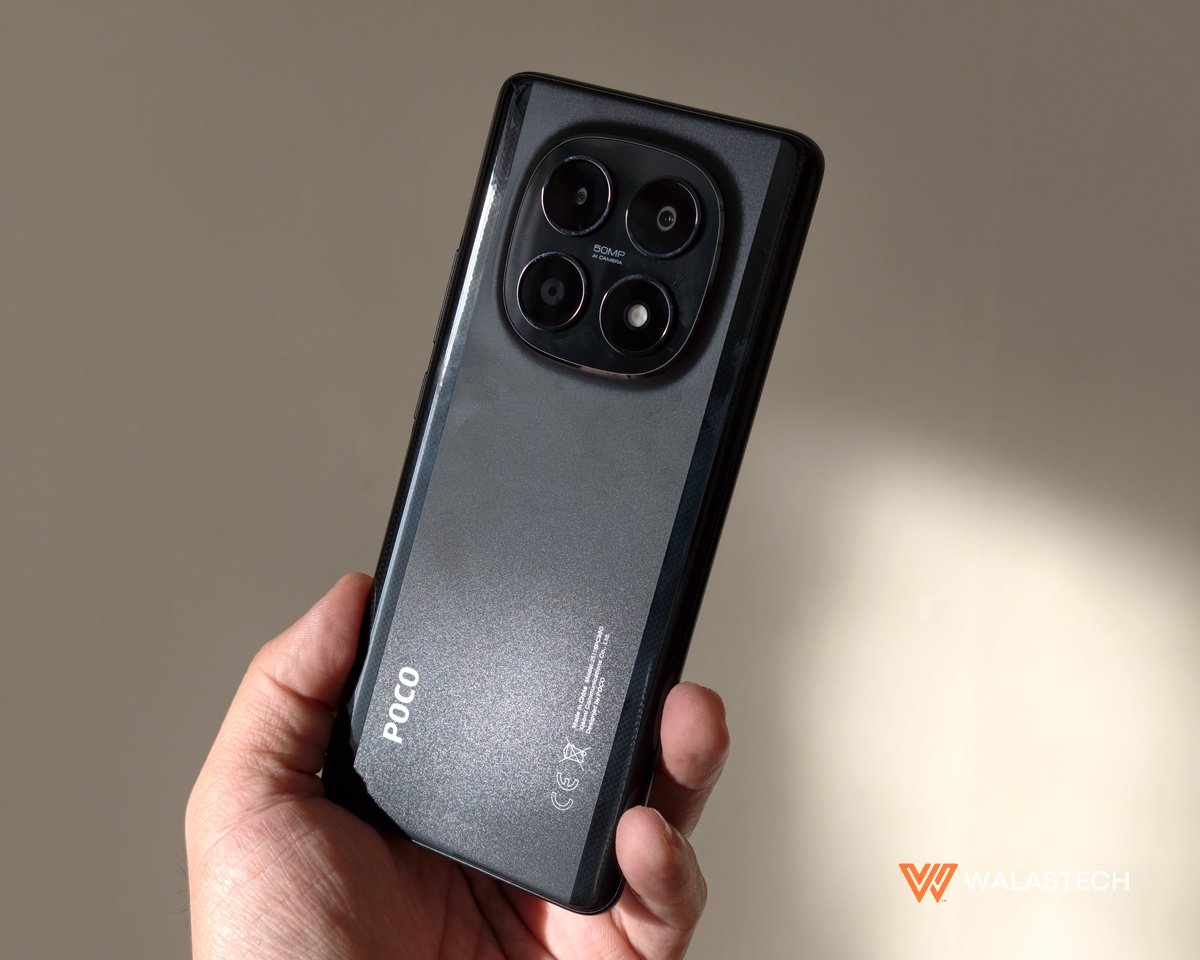










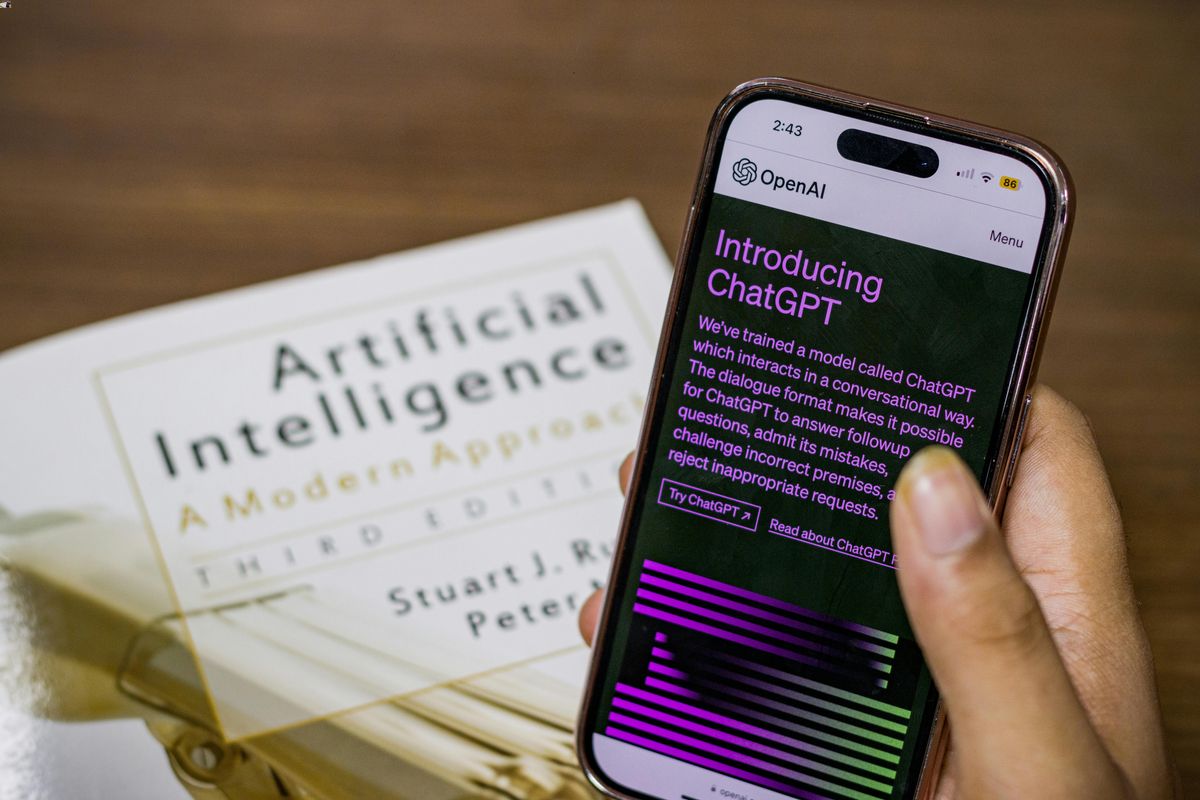



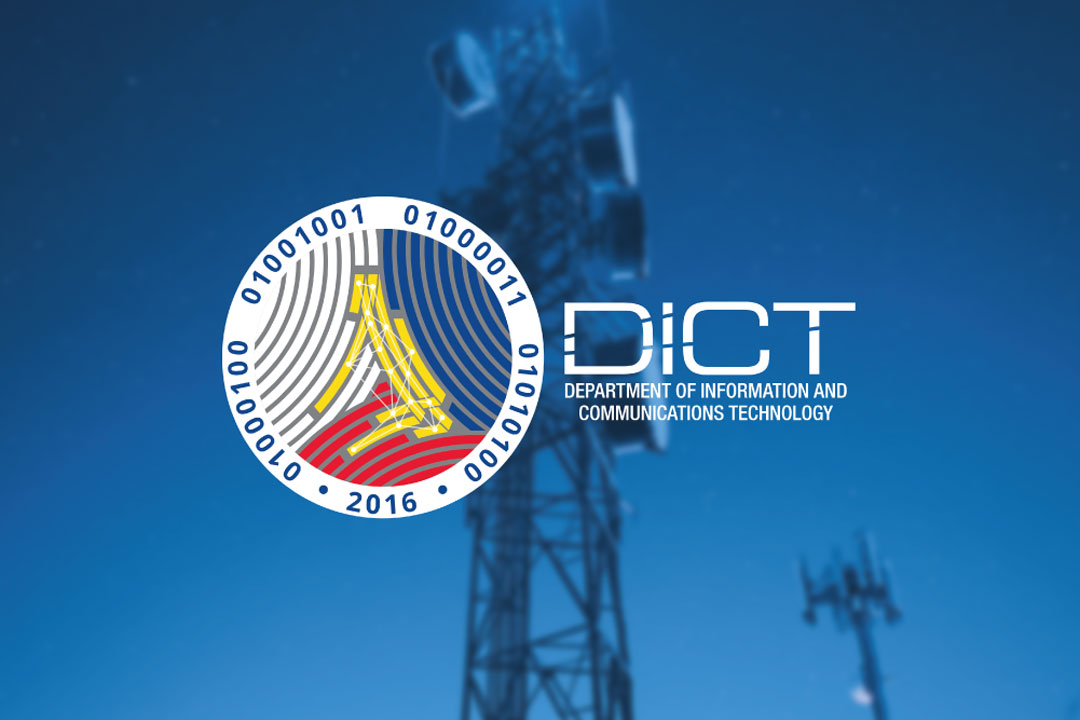
Leave a Reply